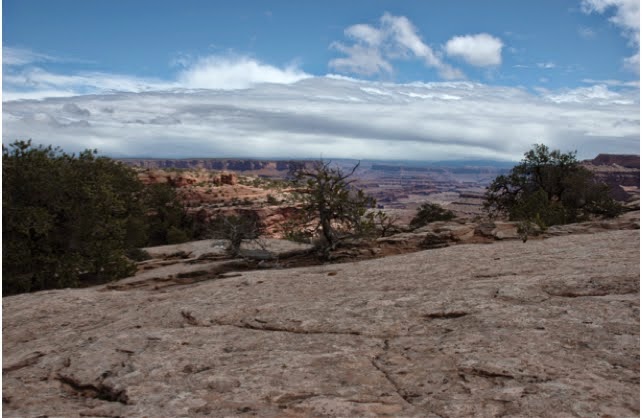Try doing it in less than 10 hours.
That’s what Fordham student Trevor Haskell did — and in doing so, earned kudos from the folks at Google.
Haskell, a junior at Fordham College at Lincoln Center, walked away from the 2014 Google Scholars Conference with a People’s Choice Award for an application he and three teammates produced. The team created an app--one compatible with Android phones, the iPhone, and the web--that produces cypher challenges for middle school students.
“A classic example of a cypher is the encrypted phrase where every letter takes the place of the letter after it—‘A’ becomes ‘B,’ ‘B’ becomes ‘C,’ and so on. [Using this code, the word 'dog' would become 'eph,']" said Haskell, a computer science major. “In the app, the idea is for the students to decode the cypher as fast as possible.”
Haskell and his team created the app as part of the conference’s two-day “hackathon,” an event in which computer programmers and software developers collaborate intensely on software projects. Fifteen teams were given 10 hours to build an app that could pique K-12 students' interest in computer science. They then had to present their creation to a panel of judges.
“The reason it’s called a hackathon is because you’re hacking things together,” Haskell said. “Ten hours is a very short amount of time. If you take too long or try to make it perfect, you won’t finish in time. But you still have to make sure the code is clean and that everything works.
“It’s a lot of fun, even though it’s stressful. You’re learning as you go — Googling for answers, working with other people. And at the end, you’ve made something.”
A recipient of Google’s Lime Connect Scholarship, Haskell was one of 68 students from around the United States and Canada invited to the conference, which was held June 18-21 in Mountain View, California. In addition to participating in the hackathon, the scholars toured Google’s offices and learned about outreach projects to help draw younger students to the field of computer science.
Haskell’s post-Fordham plans include working in the information network security field.
 |
| Trevor Haskell present the app his team created at the 2014 Google Scholars Conference Hackathon. Photo courtesy of Trevor Haskell |
— Joanna Klimaski Mercuri

















